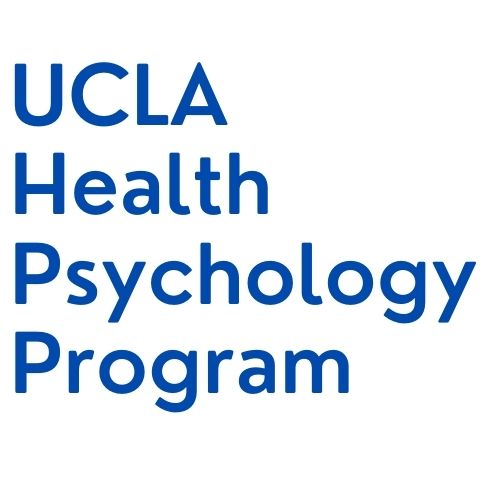Frequently Asked Questions
Should I apply in health psychology or in clinical psychology at UCLA?
Training to offer mental health services to clients is not provided in our health psychology major. If you are interested in such clinical training, you should apply to the APA-accredited UCLA clinical program.
What is the difference between the health psychology major and the clinical psychology major?
The primary difference is the clinical training component, which requires extensive time during graduate training and an internship year at the end. Otherwise, both programs aim to train top research scientists who investigate fundamental problems. Those who seek to study psychological disorders as a primary focus and who wish to obtain training in treatment of these disorders might be best suited to the clinical program. Those who seek to study interactions between mental and physical health and illness, comorbidities of diseases such as cancer or heart disease and mental health, or biological processes underlying physical and/or mental health broadly might be best suited to the health psychology major. Clinical graduate students can elect the health psychology minor.
What will graduates of the health psychology major do?
Our program has been graduating social and clinical psychologists with minor concentrations in health psychology for over 25 years, and we anticipate that graduates of our major in health psychology will have similar careers. Specifically, graduates typically go on to become psychology professors and research scientists studying health psychology issues. Some become researchers in research organizations or the federal government. Other options are available as well. Most importantly, the foundation in psychological science offered in our program uniquely positions our graduates to be outstanding contributors to research on health in the future in the United States and abroad.
Is this an “applied degree”?
No, it is not. Our program differs from a doctorate in public health or in clinical health psychology at some other institutions in that the fundamental principle is to train behavioral scientists whose work exemplifies the best of psychological science within the health domain.
For information on the department applications, please click here.
